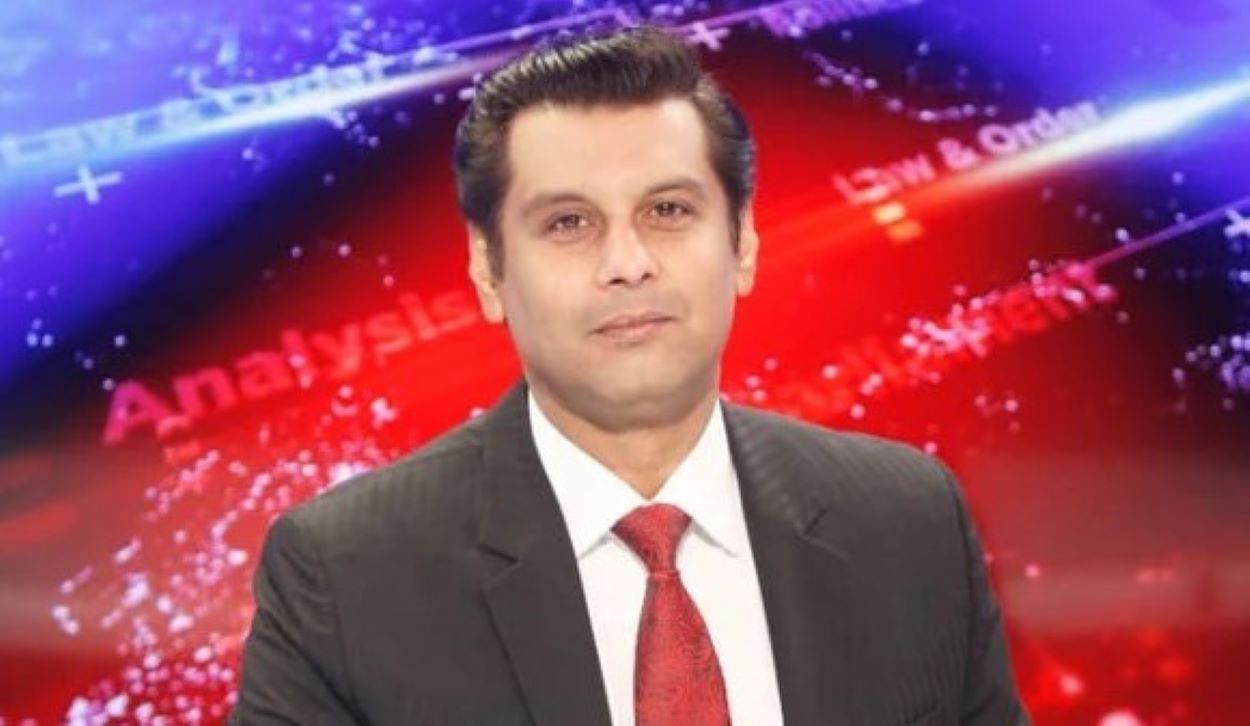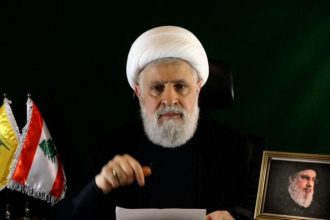Nine months after the tragic incident that witnessed the death of Pakistani journalist Arshad Sharif at a secluded Kenyan roadblock, the officers implicated have discreetly returned to their roles without facing any repercussions.
These five officers, once suspended in the aftermath of the heinous crime, now not only enjoy their regular police benefits but have also seen promotions within their ranks.
Kenya’s IPOA (Independent Policing and Oversight Authority), mandated with scrutinizing police conduct, pledged to provide timely updates on the progress of Sharif’s case. However, nearly a year has passed with no public disclosure. Inquisitive journalists found only vague commitments from IPOA representatives, who evaded direct answers about the prolonged delay or the reinstatement of the officers. Adding to the intricacies, it’s been revealed that the initial IPOA report was sent back by the Director of Public Prosecution (DPP) due to certain inconsistencies and gaps.
Conflicting Narratives and Evidences
An intriguing element in the case was the return of Kevin Kimuyu Mutuku, an officer from the General Service Unit (GSU), to active duty shortly after an injury at the crime scene. Mutuku’s claims of being shot inside Sharif’s vehicle contradicted forensic evidence. The journalist’s arrival in Kenya, his connections, and the circumstances leading to his death makes this case even more convoluted.
Speaking anonymously, insiders within the Kenyan intelligence apparatus highlighted the predicaments in probing such sensitive cases, especially when the National Police Service’s (NPS) members are under scrutiny. The prevalent sentiment is that the NPS seems indifferent to this investigation. Martin Mavenjina, a prominent member of Kenya’s Human Rights Commission, lamented the lack of urgency and the apparent cessation of the investigation.
The Broader Implications and International Concerns
Kenyan locals and global observers alike anxiously await answers. Mavenjina fears the family might not get the justice they seek due to the current trajectory of the investigation. The journalist’s controversial background, contentious interviews, and associated political undertones might influence the investigation’s pace and direction. Further complicating matters, Sharif’s family in Pakistan has sought international intervention, believing Kenyan authorities failed to investigate the murder adequately.
As new layers of the case unfold, such as the return of the vehicle in which Sharif was killed, questions persist about the future of Pakistan-Kenya relations. With Caretaker Prime Minister Anwaar-ul-Haq Kakar’s impending visit to Kenya, many are hoping for a renewed commitment to resolving this case and ensuring justice for Sharif’s family.
*With additional news input from Geo News






